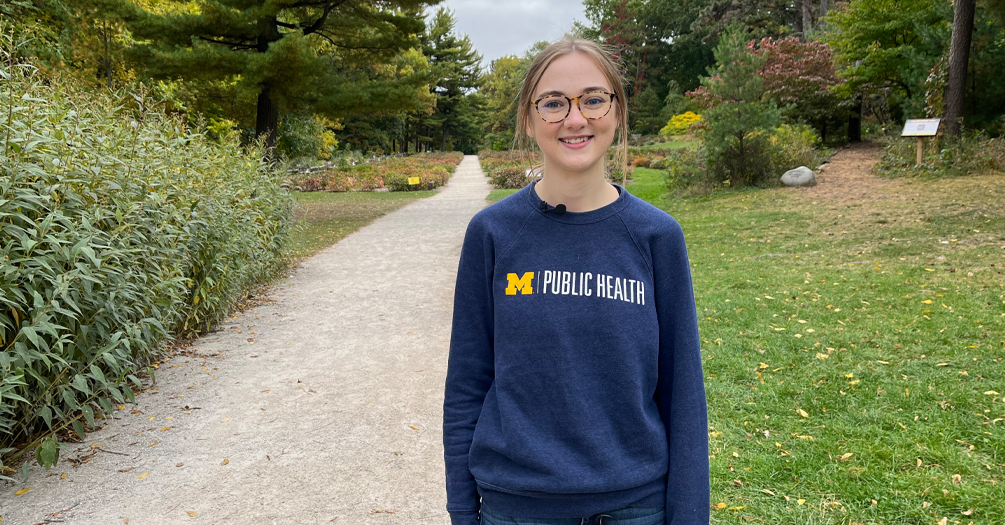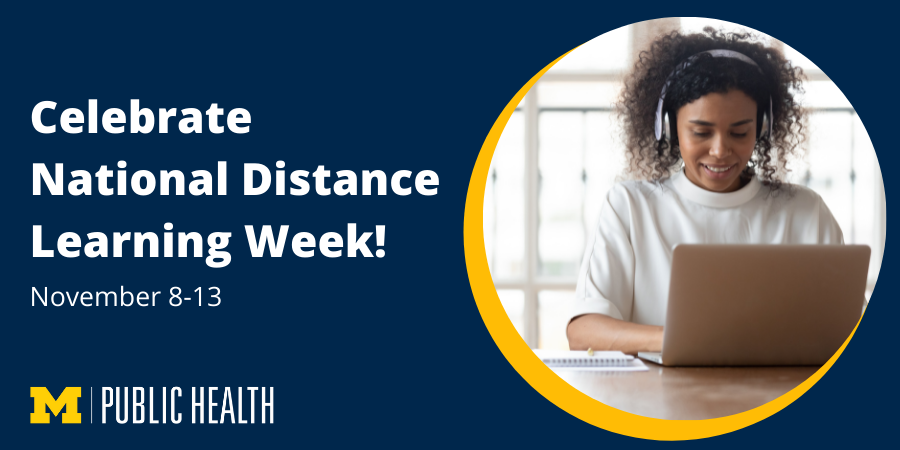
When to level up: moving from an online course to an online degree
Lisa Garber
Have you gotten used to learning online? Are Michigan Public Health MOOCs your go-to to learn new skills? Then it might be time to consider pursuing a Master of Public Health degree online. Get advice on how to know when you're ready to level up from an online course to a full degree program.





